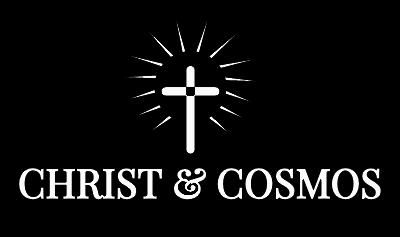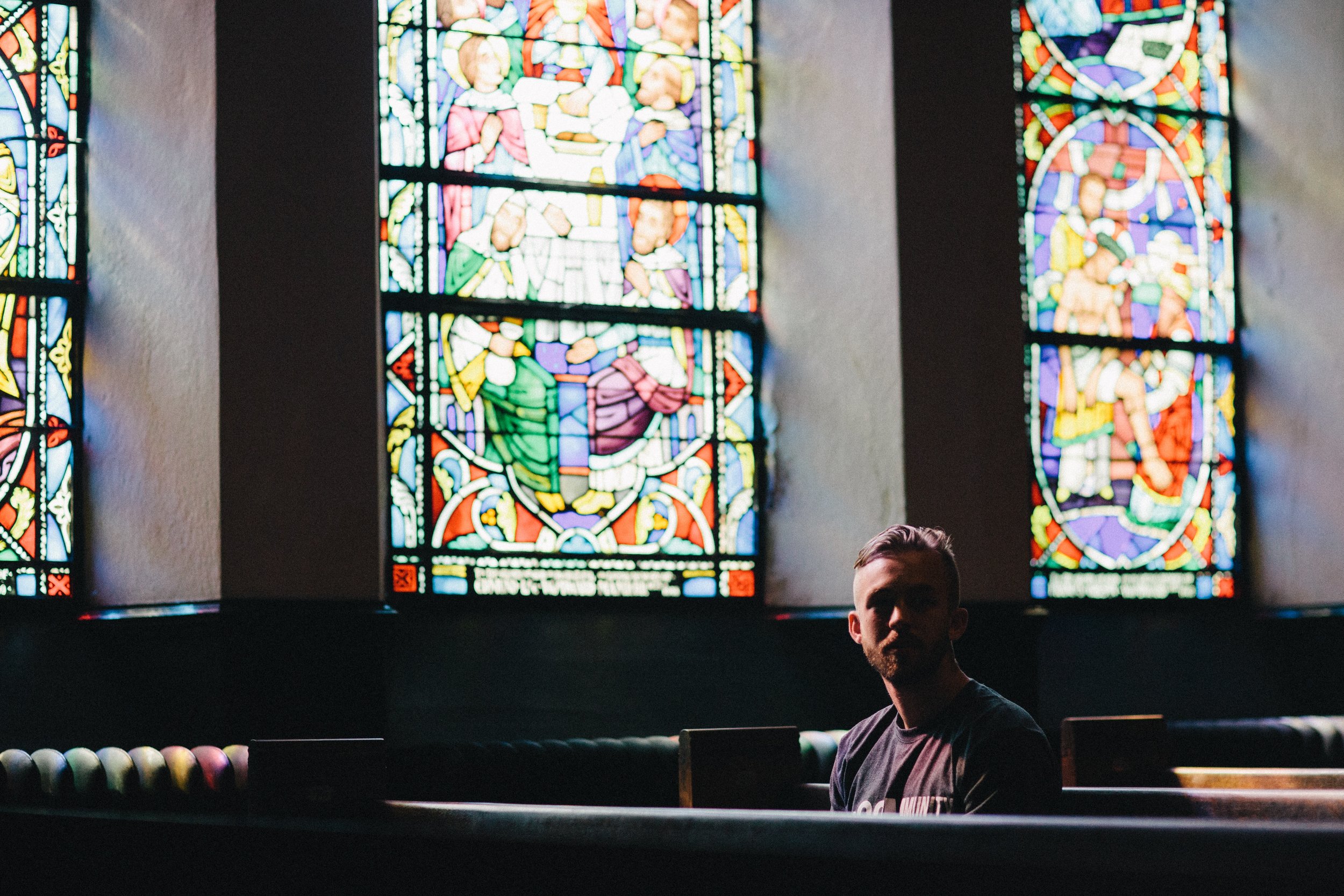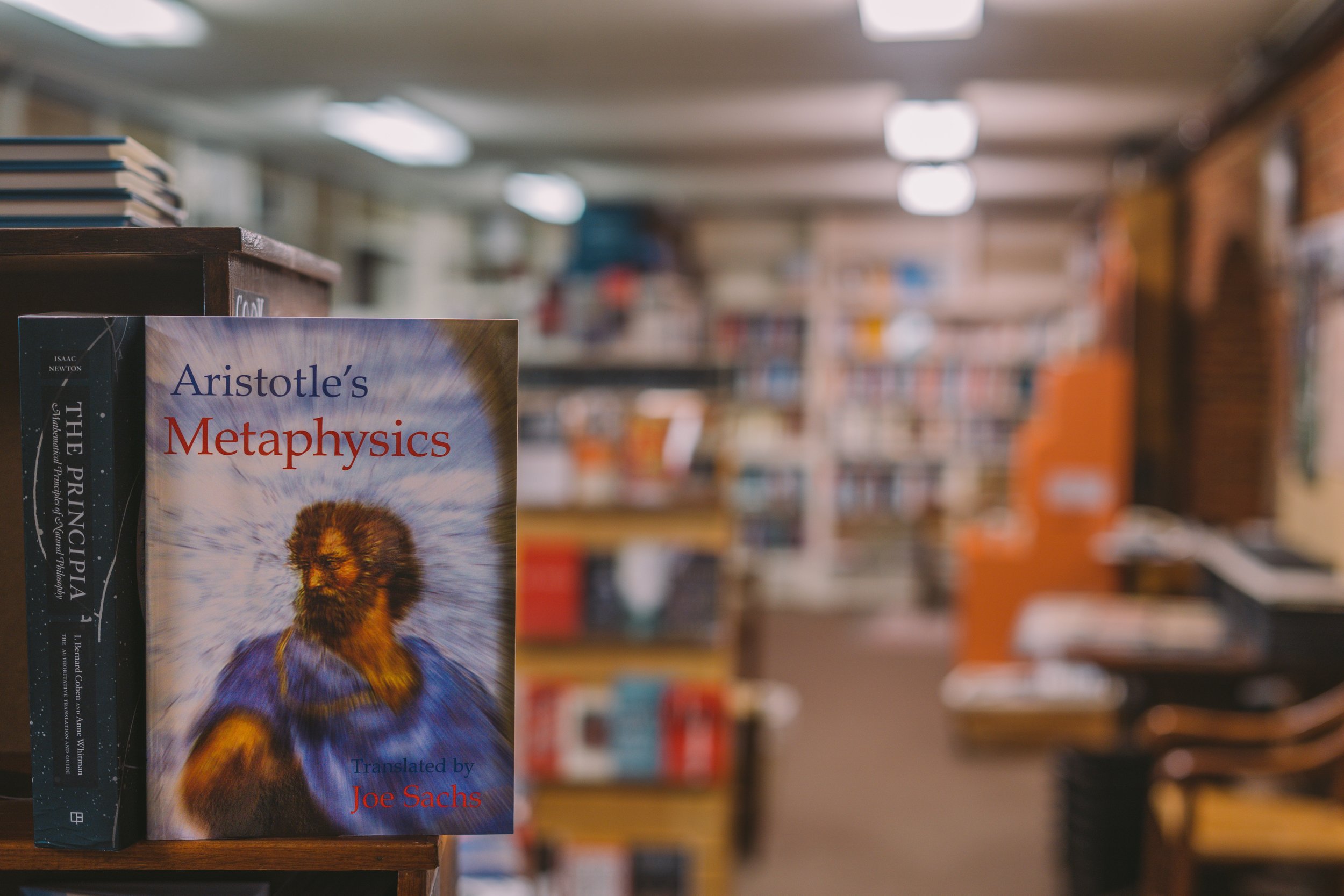After Modernity… What?! Part 5: The Church Has an Insularity Problem – And Learning New Philosophy Is a Big Part of the Solution
This is the fifth and final installment in a five-part essay series. It may not make much sense out of context. To view the previous installment, click here. To view the first installment, click here.
THE MODERN CHURCH AND THE PROBLEM OF INSULARITY
We cannot be expected to only ever use ancient philosophies (much less a single ancient philosophy, prejudicially imposed) to understand the dogmatic formulations of the church.
Demanding this simply ensures that the church will become locked into its own culture, its own language, its own presumptions – and will never interact with the wider world. This lack of engagement is already a deep problem in the Western church today, both for those who accept liberal theologies, and those who reject them. We do not need to exacerbate this.
Churches that have accepted liberal theologies – and thereby rejected classic tenets of the faith – today continue on, not so much due to gospel convictions, as to love for local and ethnic culture and traditions, with certain theistic comforts attached. Such a “cultural Christianity” is guaranteed to make these churches incapable of engaging other cultures with the gospel. Here, in an important way, the church becomes insular.
Conservative churches, in turn, self-consciously choose to isolate themselves from their surrounding culture; and when they do so, the language they use to articulate the gospel loses relevance. The end result can still be spiritually powerful, but this power cannot really be accessed by the uninitiated. Here, again, the church becomes insular, for it cannot articulate itself in contemporary secular terms.
Neither kind of approach, ultimately, is able to speak to those outside of the church’s inner circle. It has gotten to the point in the West today that you almost have to be born a Christian in order to become one. I should know, for as a convert I have struggled long and hard with this insularity. I have struggled to relate to Christians who care more about church potlucks than the gospel; and I have had to translate endless amounts of Christianese into plain, godless English. Converts shouldn’t have to do this; unbelievers shouldn’t have to do this; it is the church’s job to find a faithful culture and language that loves and speaks to the world outside.
PHILOSOPHY IS A TRADITION
The good news is that this is not necessary. Philosophy, properly understood, is an endless interpretation and reinterpretation of many central themes and terms. Immature, trendy, and ill-conceived philosophical “movements” may at times eschew entire categories of thought, and their popularizers oftentimes do this in obnoxious ways. But the great philosophers almost always interpret rather than reject important philosophical ideas.
Even those ideas that are rejected at this moment – like Platonic ideas, substances, and the like – will like make a return sometime in the future! Rejection and reintroduction of ideas, as theologians well know, is yet another aspect of tradition.
So, for instance, “existentialists” like Heidegger, Nietzsche and Kierkegaard each have an interpretation of physis (nature) they are retrieving; they are not rejecting the concept outright, as a popularizer might lead you to believe.
Now, whether these interpretations can be squared with Christian dogmatics – that may or may not be so. And it is an essential question. But we don’t get to dismiss new ideas before answering the question. Each of these interpretations can and should be carefully looked at, to see if they give valid ways to interpret the church’s claims concerning Christ’s person.
This is a valid enterprise, and it’s the kind of work that I do not see properly advocated in Oden’s After Modernity. This, I think, is a real lack in his work; and it may well be a significant reason that his movement has not rejuvenated the church.
A NEW GROUND FOR THE MISSION OF THE CHURCH TODAY
I am not suggesting here that endless debates about interpretations of philosophical terms will by itself enhance our evangelistic and apologetic capabilities as a church. But I am suggesting that an attempt to engage the framework through which people understand the world today is highly important. Yes, doing so has led to many dangerous excesses exemplified by liberal theology. We must be careful to not go down that road. But we must also learn, like the church fathers, to engage thoughtfully, yet without compromise. If we can’t learn this, then we are in serious trouble. Our witness, in the end, won’t be profound, or effective.
Our job, of course, is not to change our fundamental beliefs, but to open the eyes of others to new possibilities. But how we go about this opening of eyes – that is the key. We do not need to reject another’s worldview so much as we need to find what is good in it, what signifies Christ, and use that to challenge our friend, to expand their world. By doing this we can help them, little by little, to understand the wonders of the Christian faith. In so doing, we will also learn much.
The concepts of philosophy, and of the secular world that speaks its language (if less technically!) – they are not simply a dangerous sea, a torrent, a violent wave, a swell; for philosophy is not simply a trend. It is a decisive part of how we understand ourselves, the natural world, and the constitution of truth itself. It is, therefore, not some stormy sea, but the very air we breathe.
The question is not whether we will breathe, but the quality of what we will inhale. Will we be lost in the smog of current opinion below, or will we take in the fresh, clean air of the philosophical tradition on the mountaintops of thought, where the church fathers and mothers dwell? Will we have lungs healthy and pure, ready to sing the praises of the gospel to the world around us? The latter option, I think, will go a long way towards saving the church in the West.
It is to Oden’s eternal credit that he has led us to this fresh air once more. Today, as forty years ago, this is the great gift of Oden’s book. We must remain ever-thankful for this still-relevant message, and for the very real sacrifices Oden made to bring it to us. I personally am so moved by his effort that I have called Christ & Cosmos a Paleo-Orthodox site!
Yet we must make sure that the mountaintop heights never become for us a retreat from the world. Instead, let us follow the example of our great teachers in the faith, and let the very Breath of the Ancient of Days speak through us anew, for the world of 2019 AD and onward.
What modern philosophers should the church by reading, and why? Let me know what you think in the comments below!
DAN TATE is a writer and blogger at Christ & Cosmos. A former atheist, he’s been surprised and amazed by the God of all things, and he’s passionate about sharing the gospel in ways that respond to contemporary concerns about theology, philosophy, spiritual practice, science, art, and more. A lifelong writer hailing from Upstate New York, he has a B.A. from Allegheny College, an M.A. from Syracuse University, and an M. Div. from Princeton Theological Seminary.




